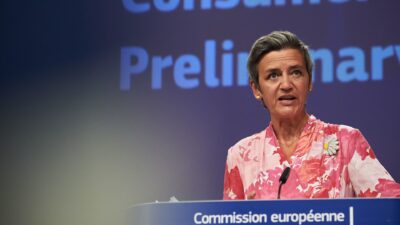Badia Fiesolana
Florence
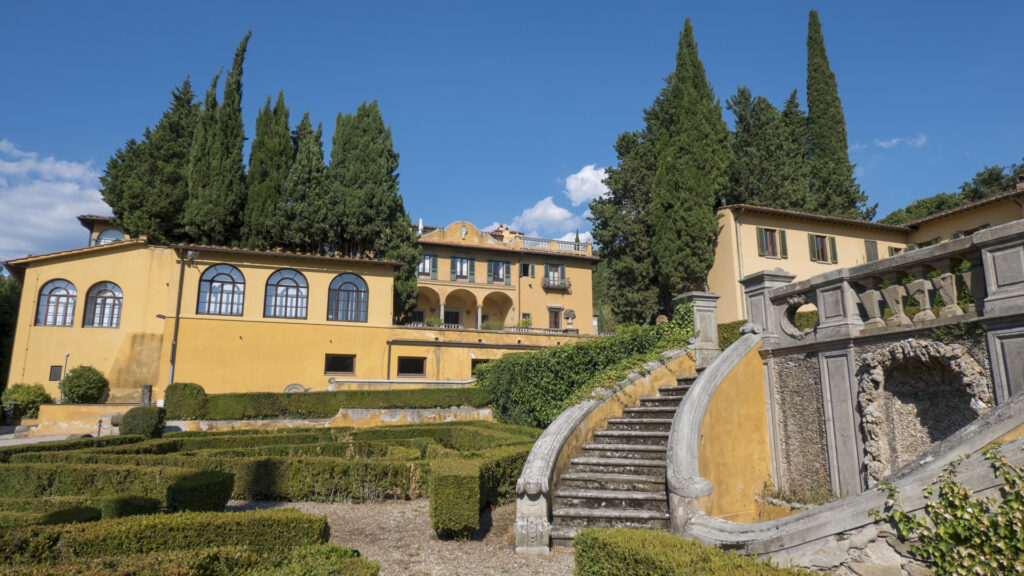
The European University Institute (EUI) and the Organization for the Economic Cooperation and Development (OECD) cordially invite you to the Florence Competition Summer Conference on ‘The Rise of Global Regulation of Online Platforms: Positive v. Negative Obligations.’ Within the EUI, the event is jointly organized by the Florence Competition Programme (FCP) and the Florence School of Regulation, Communications and Media (FSR C&M) under the umbrella of the EUI Technological Chance and Society research cluster.
The Summer Conference aims at gathering academics, practitioners, officials from national competition authorities and EU institutions, as well as industry representatives to discuss the similarities and differences among ex-ante regulation for digital platforms currently emerging in Europe, in the United States and in Asia.
Background
The past year has witnessed the rapid proliferation of ex-ante regulation of online platforms. In December 2020, the European Commission proposed a Digital Markets Act (DMA): the Regulation imposes a set of specific obligations on the so-called ‘digital gatekeepers’. The DMA is expected to enter into force in mid-2022, after having received the approval of the Council and the European Parliament. Secondly, in April 2021, the UK Competition and Market Authority (CMA) established a Digital Market Unit (DMU); in the near future, the DMU will be in charge of enforcing a new UK regulatory framework applicable to online platforms having ‘strategic market status’. Thirdly, in January 2021, the German Parliament passed the 10th amendment to the Gesetz gegen Wettbewerbsbeschränkungen (GWB, German competition act). Under the new Section 19(a) GWB, the Bundeskartellamt can prohibit several conducts by companies of ‘paramount significance in different markets’ (i.e. digital conglomerates) without the need of proving a competition law infringement. Finally, in March 2021, the Italian competition authority advised the government to draft an amendment of the Italian competition act, by introducing provisions that mirror Section 19(a) GWB.
The proliferation of ex-ante regulation of digital platforms is not a European phenomenon. Following the report of the US House Judiciary Committee on digital markets, 5 legislative proposals have been submitted to the US Congress, where they are currently pending approval. Secondly, in February 2021, the Act on Improving Transparency and Fairness of Digital Platforms entered into force in Japan, while South Korea is currently considering the adoption of similar legislation.
The legislations mentioned above represent a reaction to both the entrenched market power of a number of digital platforms, as well as to the perceived ineffectiveness of antitrust enforcement in digital markets. The new legislations impose a number of ex-ante obligations on a limited number of platforms that control the digital ecosystem. Via asymmetric regulation, the new regulatory frameworks thus aim at increasing the fairness and contestability of digital markets, rather than simply maximizing the consumers’ welfare.
Obligations imposed by the new ex-ante regulation may be distinguished into 2 broad categories: ‘positive’ (i.e., they indicate how the firm subject to ex-ante regulation should behave in the market) and ‘negative’ obligations (i.e., they prohibit certain types of market conducts). Examples of positive obligations are the duty of the platforms to ensure data portability to their users, granting access either to a dataset or to interoperability information to competitors, as well as complying with transparency obligations about the functioning of their algorithm. Among the negative obligations, it is worth mentioning the prohibition of self-preferencing, the prohibition of Most-Favoured-Nation (MFN) clauses as well as a ban on tying arrangements imposed by the platform on its customers, such as apps pre-installed into the operating system.
Key questions to debate during the Summer Conference
The Florence Competition Summer Conference aims at discussing the similarities and differences among the positive and negative obligations included in the ex-ante regulation of digital platforms currently emerging in Europe, in the USA and in Asia.
Secondly, the event aims at debating the extra-territorial reach of the new legislations, which will target a limited number of online platforms, operating at the global level. In other words, the question is whether and to what extent the online platforms will modify their business models to comply with a ‘patch’ of different legislations currently emerging around the world.
Finally, the conference aims at discussing the relationship between antitrust law and the new ex-ante regulation. Negative obligations under the new ex-ante regulation overlap with conducts recently sanctioned by a number of competition authorities under antitrust law. From this point of view, the question is whether and to what extent the recent antitrust investigations in the digital economy will continue even after the entry into force of the new ex-ante regulation.
Practical information
Invited speakers will be mostly present at the EUI campus in Florence.
The audience will be able to follow the conference via Zoom, free of charge. Please note that online registration is required to receive the Zoom credentials.
A limited number of participants will also be able to attend the event in person, in Florence. The registration fee to join the event in person is 250 €. The fee covers the cost of the refreshments: coffee breaks, 2 lunches, and the dinner on 13th June. In addition, a shuttle bus between Florence city center and the EUI campus will be organized for the registered participants. On the other hand, The registration fee does not cover travel and accommodation expenses in Florence.
The Summer Conference will take place on 13 June (9.00 AM – 7.00 PM) and 14 June (9.00 AM – 5.00 PM). The time indicated in the programme refers to Central European and Eastern Time (CEST) zone.
Keynote Speakers
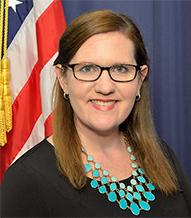 Rebecca Kelly Slaughter
Rebecca Kelly Slaughter
US Federal Trade Commission
[Bio]
Speakers
Presentations
Recordings

 Andreas Schwab
Andreas Schwab Pier Luigi Parcu
Pier Luigi Parcu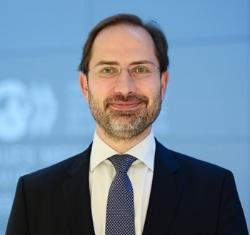 Antonio Gomes
Antonio Gomes Ori Schwartz
Ori Schwartz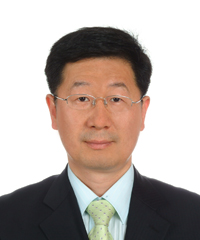 Su-Hyun Yoon
Su-Hyun Yoon Rod Sims
Rod Sims Inge Graef
Inge Graef Bruno Basalisco
Bruno Basalisco Wolfgang Kopf
Wolfgang Kopf Giorgio Monti
Giorgio Monti Reiko Aoki
Reiko Aoki Philip Marsden
Philip Marsden Margarida Matos Rosa
Margarida Matos Rosa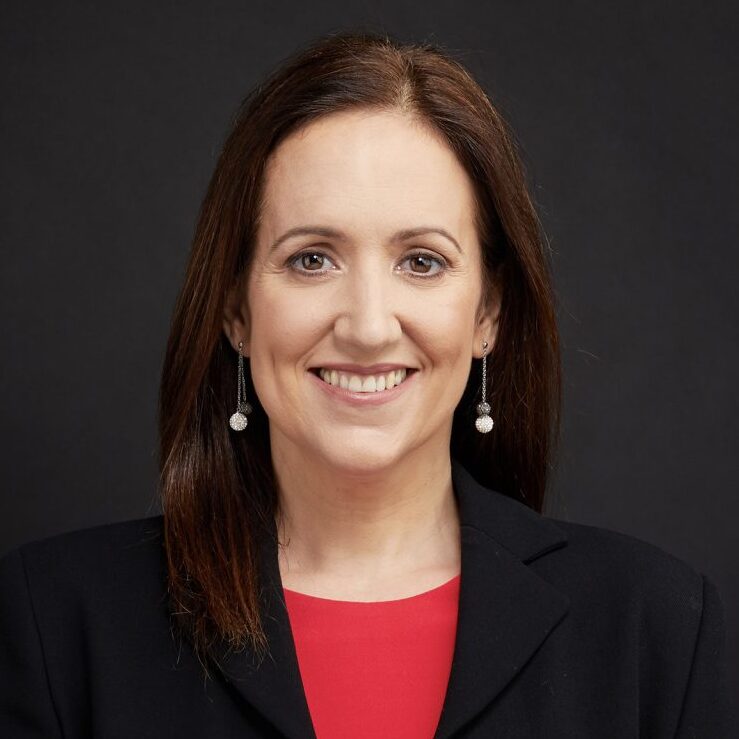 Sandra Marco Colino
Sandra Marco Colino Angela Zhang
Angela Zhang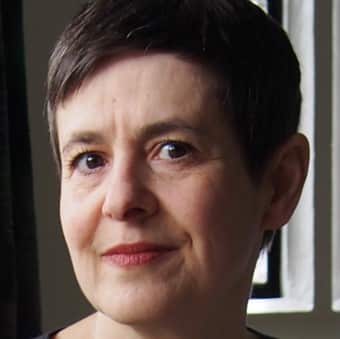 Amelia Fletcher
Amelia Fletcher Alexandre De Streel
Alexandre De Streel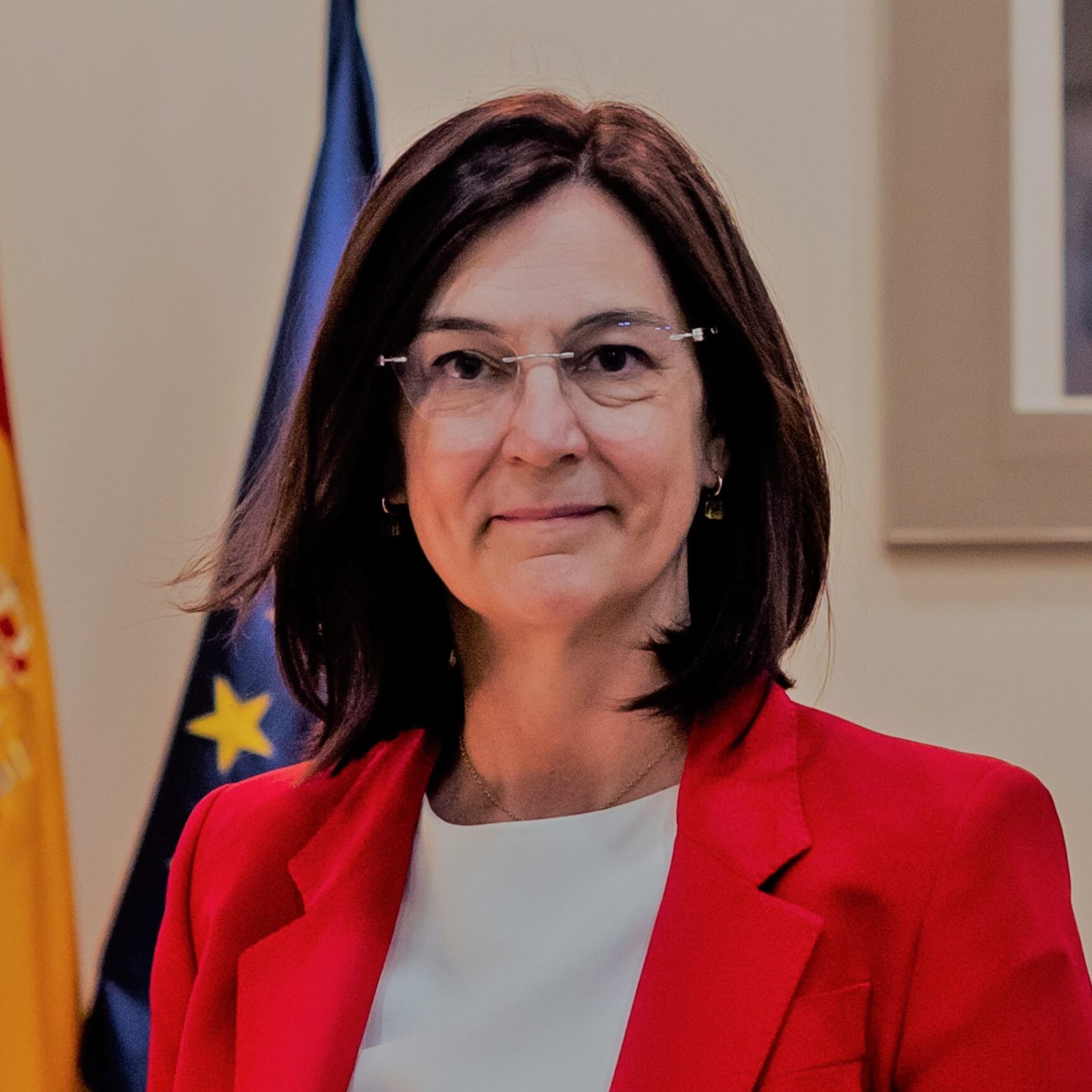 Cani Fernández
Cani Fernández Heike Schweitzer
Heike Schweitzer Orla Lynskey
Orla Lynskey Eliana Garces
Eliana Garces Hein Hobbelen
Hein Hobbelen Marco Botta
Marco Botta Andrea Coscelli
Andrea Coscelli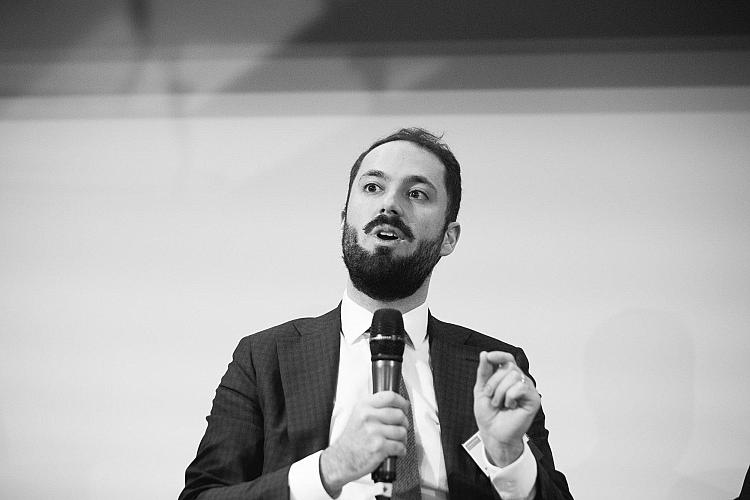 James Mancini
James Mancini Fiona Scott Morton
Fiona Scott Morton Gene Burrus
Gene Burrus Audrey Scozzaro Ferrazzini
Audrey Scozzaro Ferrazzini Nicolas Petit
Nicolas Petit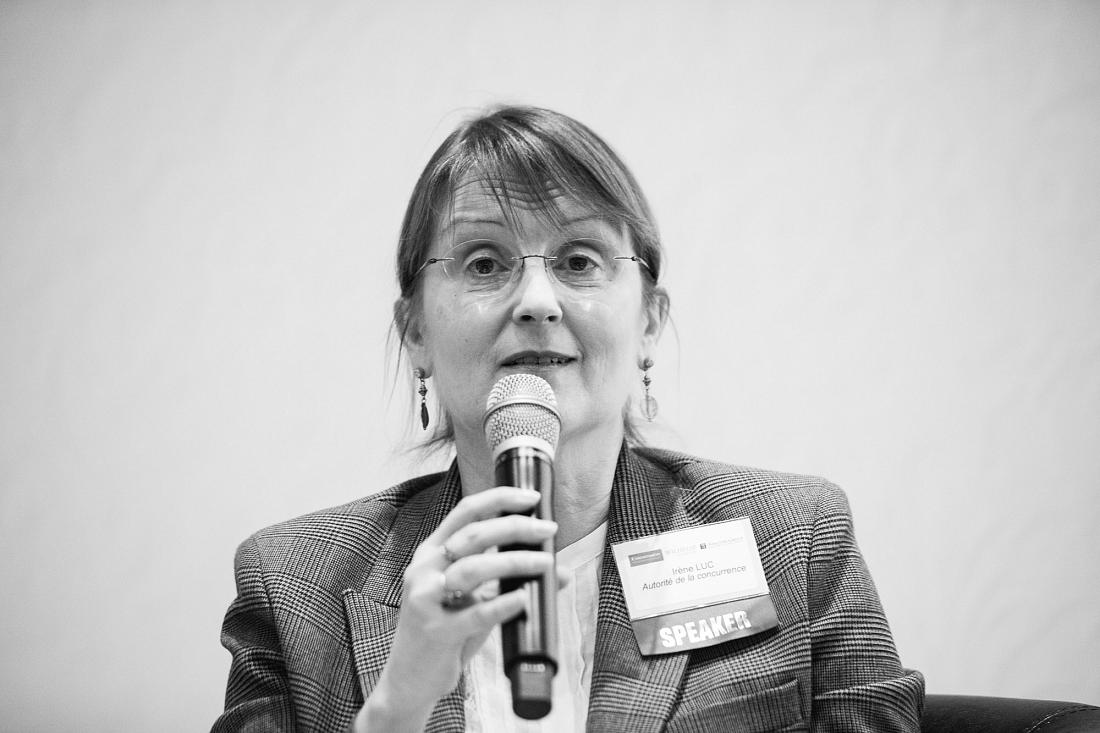 Irène Luc
Irène Luc Ania Thiemann
Ania Thiemann Michele Polo
Michele Polo Laura Lucia Richter
Laura Lucia Richter Jorge Padilla
Jorge Padilla Enzo Marasà
Enzo Marasà Antonio Capobianco
Antonio Capobianco Lapo Filistrucchi
Lapo Filistrucchi Nicola Tosini
Nicola Tosini Cristina Caffarra
Cristina Caffarra Mario Siragusa
Mario Siragusa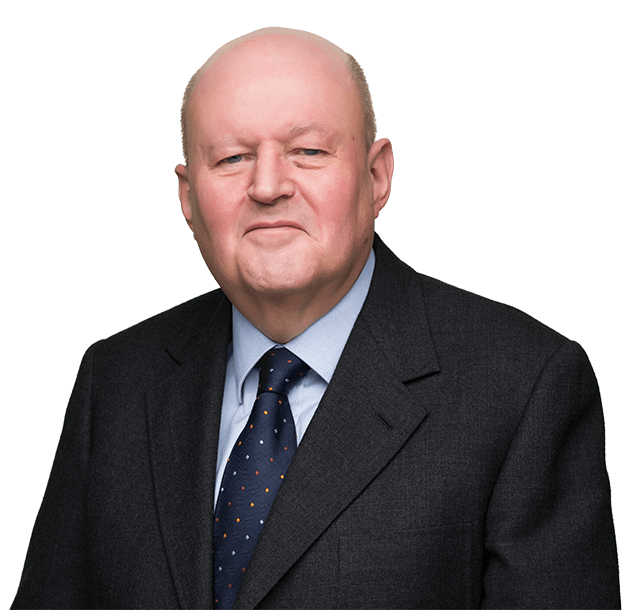 Jean-François Bellis
Jean-François Bellis Giacomo Calzolari
Giacomo Calzolari Andreas Mundt
Andreas Mundt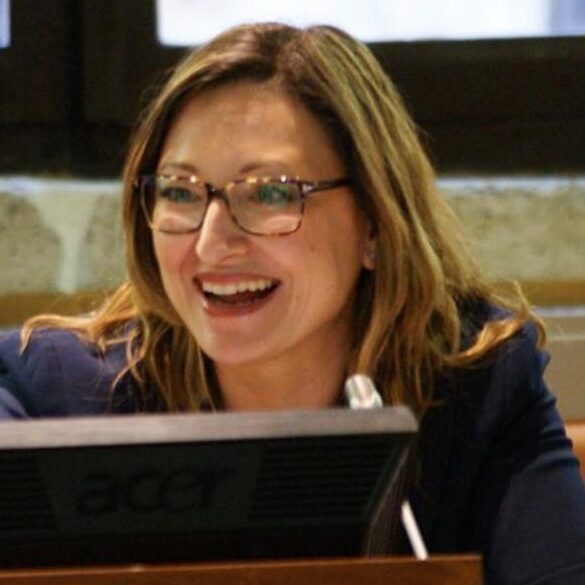 Maria Alessandra Rossi
Maria Alessandra Rossi Viktoria Robertson
Viktoria Robertson Björn Herbers
Björn Herbers

